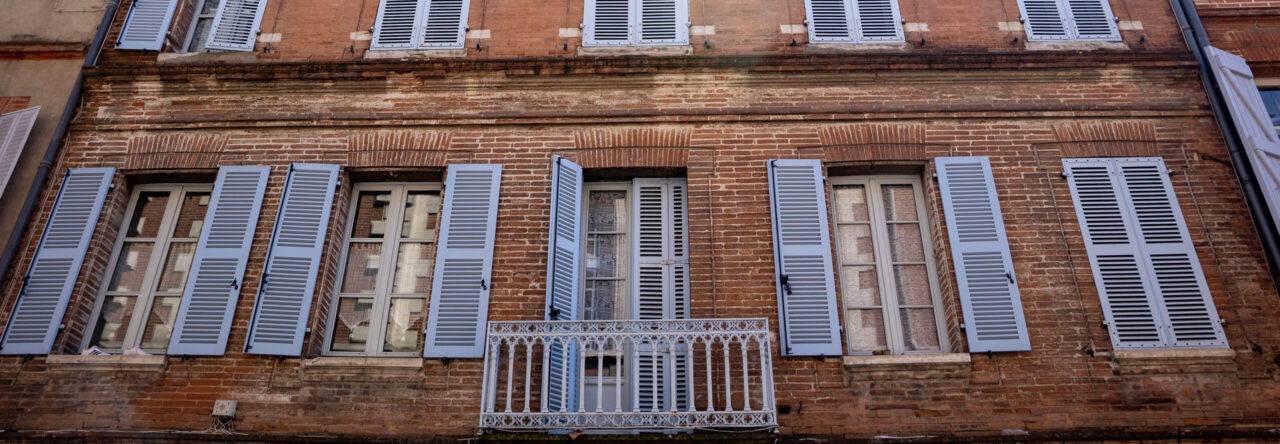Editors: Devin, Colby, Hallie, Winnie.
The bureaucracy at the university
 In Devin and Colby’s experiences, bureaucracy is an important part of the French university system. Colby said that when you need the signature of one single person, the one office has its opening hours at the most common times for classes and they take a very long lunch break, so it’s hard to find the person one needs. Nothing is online and there are random times when some secretarial offices are closed. The situation is the same for Devin in terms of the libraries. The city’s libraries are connected, but the system to check the availability of the novels does not say specifically if the novel is available in a particular library. So, even if the system says that a novel is available, it might be necessary to visit another library in the city in the search for it. In the experience of both of them, the reaction from the French is the same: Devin’s hosts thought her reaction was funny. For Colby, the common reaction he received is that “it’s the French way.”
In Devin and Colby’s experiences, bureaucracy is an important part of the French university system. Colby said that when you need the signature of one single person, the one office has its opening hours at the most common times for classes and they take a very long lunch break, so it’s hard to find the person one needs. Nothing is online and there are random times when some secretarial offices are closed. The situation is the same for Devin in terms of the libraries. The city’s libraries are connected, but the system to check the availability of the novels does not say specifically if the novel is available in a particular library. So, even if the system says that a novel is available, it might be necessary to visit another library in the city in the search for it. In the experience of both of them, the reaction from the French is the same: Devin’s hosts thought her reaction was funny. For Colby, the common reaction he received is that “it’s the French way.”
Autonomy in the work
Besides the fact that the French university is very different in comparison to the United States in the way it functions, there are also differences inside the classroom. An example is the French presentation, or the “exposé.” When Devin knew that her class was assigned with an oral presentation, she was not worried because she already did oral presentations in the United States. However, when she started working on the project with her group, she saw that the presentation here is in fact an oral presentation of a “dissertation.” She was confused about why French students only present a dissertation. This type of work has a lot of rules so it is understandable why the French professors prefer this format, but there is no freedom to explain the subject. In the U.S., when a student presents a report, he does not memorize the presentation and thus seems relaxed. Rachael noticed in her classes in Toulouse that “it’s normal to keep your notes with you” during the presentation, and that “all students read full sentences directly from their notes.” Devin and Rachael thus observed that all the students who presented did not look at their audience. 
Another main difference is the question of the student’s responsibility. Although the teachers criticize them in front of the whole class, the role of the teacher is different in comparison to that of the American professor. It can be said that it is completely the students’ responsibility to understand the topics, and the teachers are only present to give the instructions. French universities create very independent students who know well how to do research and how to find the informations relevant to their work.
Student choices and lifestyles
The choices in the student’s life are the important things that we have noticed, for choices shape their lives at university, among their teachers, in Toulouse, among their friends, and in all aspects of their lives. After spending time in France, we found things that interest us because they differ from those in the United States.
 Devin goes through H & M, a shop known and frequented by young people and students. Although this shop also exists in the United States, the difference is evident by the dress style of the customers in it.
Devin goes through H & M, a shop known and frequented by young people and students. Although this shop also exists in the United States, the difference is evident by the dress style of the customers in it.
Fashion is something that many people make use of to express themselves and to create an identity. This feeling also applies to French students. Devin suggests that student fashion can be expressed with the word “comfort.” This idea is understandable because as a student, we really focus on studying during school hours. However, according to her observations in France, she finds that all do not dress in the same way. Being an American student, she was interested to observe how other students dress. At her French university, students dress in complete sets of clothes even as early as 8:30. Devin found that for her, it was odd that no one would dress in leggings or sweatpants, which are clothes often seen in the United States in the world of American students. The clothes change the atmosphere of the school, and at the same time, they are a means by which students can show their individuality.
Another way of projecting this individuality is in their choice of schooling. It is the student himself who chooses his quest for knowledge. Hallie attended courses at the University of Toulouse in which she found that the relationship between the professors and their students seems less close.
 Although her teacher guides the students, they are not friends with one another and therefore the link is rather professional. One of her teachers emphasized the importance of choice that these students have, saying, “If you’re in this room, you’re here to learn. You have the choice. You can still stay in bed. But you chose to learn.” This connection produces a dynamic in which students are neither pampered nor patronized. In addition, parents do not pay tuition fees. That is to say, students are the only bosses of this burden or gift that is schooling. In short, the small amounts of exams administered give students the responsibility for understanding the subject, without the professors’ use of a note of participation or attendance. Therefore, it is the decision of the French student to continue the knowledge, and between the professors and the students, there is a mutual respect.
Although her teacher guides the students, they are not friends with one another and therefore the link is rather professional. One of her teachers emphasized the importance of choice that these students have, saying, “If you’re in this room, you’re here to learn. You have the choice. You can still stay in bed. But you chose to learn.” This connection produces a dynamic in which students are neither pampered nor patronized. In addition, parents do not pay tuition fees. That is to say, students are the only bosses of this burden or gift that is schooling. In short, the small amounts of exams administered give students the responsibility for understanding the subject, without the professors’ use of a note of participation or attendance. Therefore, it is the decision of the French student to continue the knowledge, and between the professors and the students, there is a mutual respect.

Leave a Reply